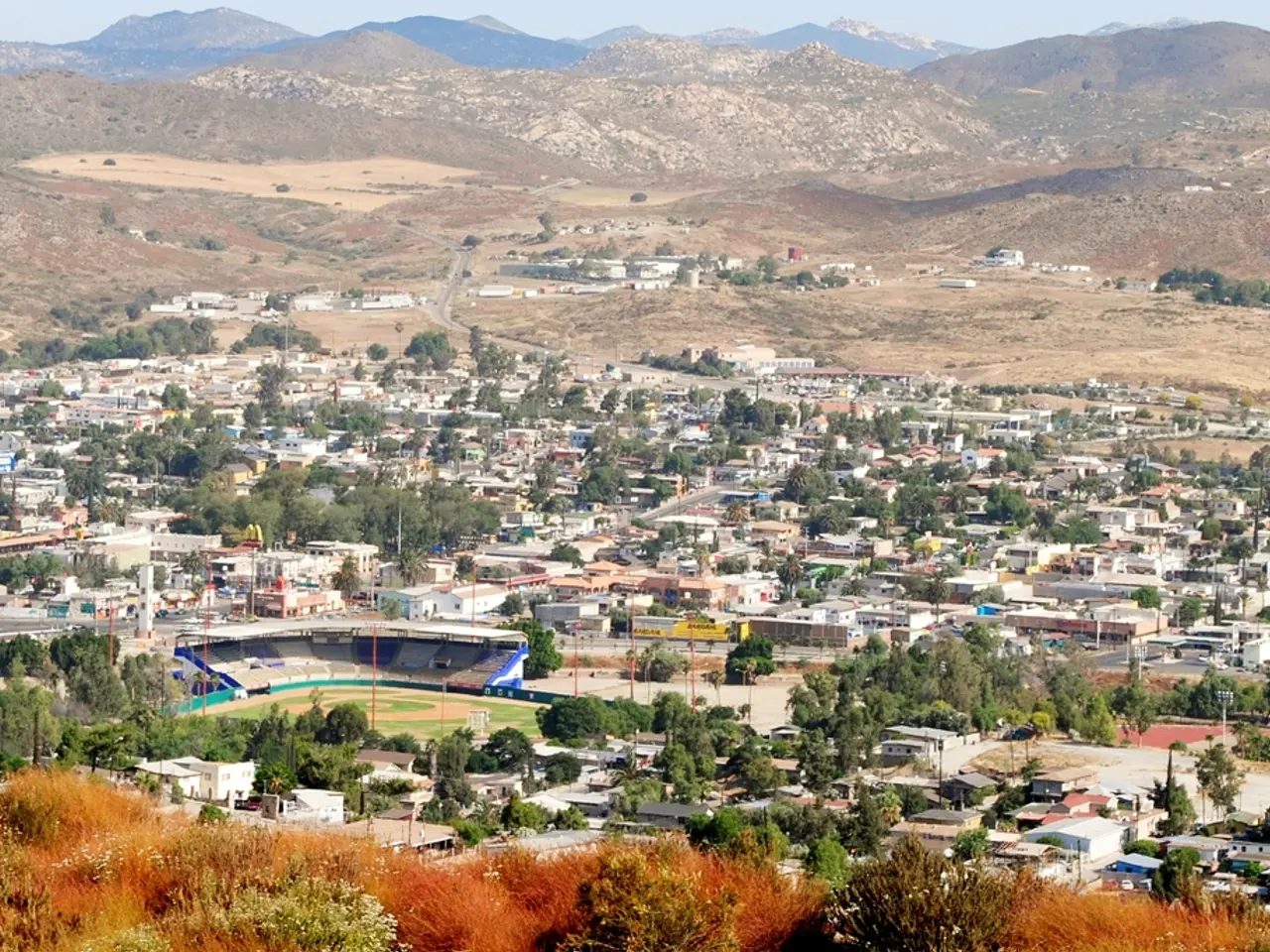Prolonged Power and Water Outages Affect Millions in Iran
Iran Faces Water Crisis and Power Outages Amidst Summer Heatwave
The city of Tehran, the capital of Iran, is currently grappling with a severe water crisis and power outages due to a summer heatwave.
According to reports by the news agency Tasnim, the power outages last up to four hours in total, leaving many homes without air conditioning during the hot temperatures. These power outages have been a response to the water crisis and the summer heat in Tehran, where temperatures can reach up to 37 degrees Celsius.
The water crisis in Iran is a result of the effects of climate change. Experts suggest that climate change is affecting Iran faster and harder than many other regions in the world. The overall climate has become drier with a 20-25% drop in precipitation in key regions, exacerbating drought conditions and pushing areas toward desertification.
Iran is one of the driest countries on Earth, and recent years have seen a significant decrease in rainfall. As a result, 80% of Iran's reservoirs are nearly empty due to the current water crisis. This has led to forced water supply shutdowns in numerous cities, including Tehran, where taps have been dry for hours at a time.
The water crisis is causing extreme hardship for the Iranian people. The city administration of Tehran has implemented stricter rationing measures, including turning off power to private households twice a day. Authorities in Iran have also ordered these forced water supply shutdowns to conserve water resources.
Climate change in Iran has led to higher temperatures, severe droughts, and increased water scarcity, particularly impacting urban centers like Tehran. In fact, Tehran has experienced extreme temperatures exceeding 40°C, contributing to strained water resources and power grids.
In 2025, Iran recorded some of the hottest temperatures globally, with cities like Ahvaz reaching 53.7°C. Tehran's heatwaves, routinely surpassing 40°C, have forced government measures such as business and office closures to reduce demand on electricity and water systems.
The water crisis in Iran is a pressing issue that requires immediate attention and action. Climate researchers have been recording the impact of climate change in Iran and suggest that adaptation and mitigation policies at local and national levels are necessary to address the crisis. These policies should aim to conserve water resources, improve infrastructure, and reduce greenhouse gas emissions to slow the progression of climate change.
In conclusion, the water crisis in Iran is a result of the effects of climate change, leading to hotter temperatures, worsening drought conditions, and critical impacts on water availability and urban infrastructure. The crisis is causing extreme hardship for the Iranian people and necessitates urgent action to conserve water resources, improve infrastructure, and slow the progression of climate change.
[1] Iranian Meteorological Organization [2] United Nations Development Programme [4] Iranian Ministry of Energy [5] Iranian Meteorological Organization, National Climate Change Centre
- The severe water crisis and power outages in Tehran, Iran, are a direct consequence of the climate-change-induced environmental-science issues, as reported by the Iranian Meteorological Organization and the United Nations Development Programme.
- The ongoing water crisis in Iran has become a general-news topic, with the Iranian Ministry of Energy reporting an 80% empty rate in reservoirs due to the effects of climate change, causing forced water supply shutdowns and stricter rationing measures in urban centers like Tehran.
- The pressing issue of Iran's water crisis necessitates immediate political action, as climate researchers suggest that adaptation and mitigation policies, including water resource conservation, infrastructure improvement, and greenhouse gas emissions reduction, are needed to slow the progression of climate change and alleviate the hardships faced by the Iranian people.







